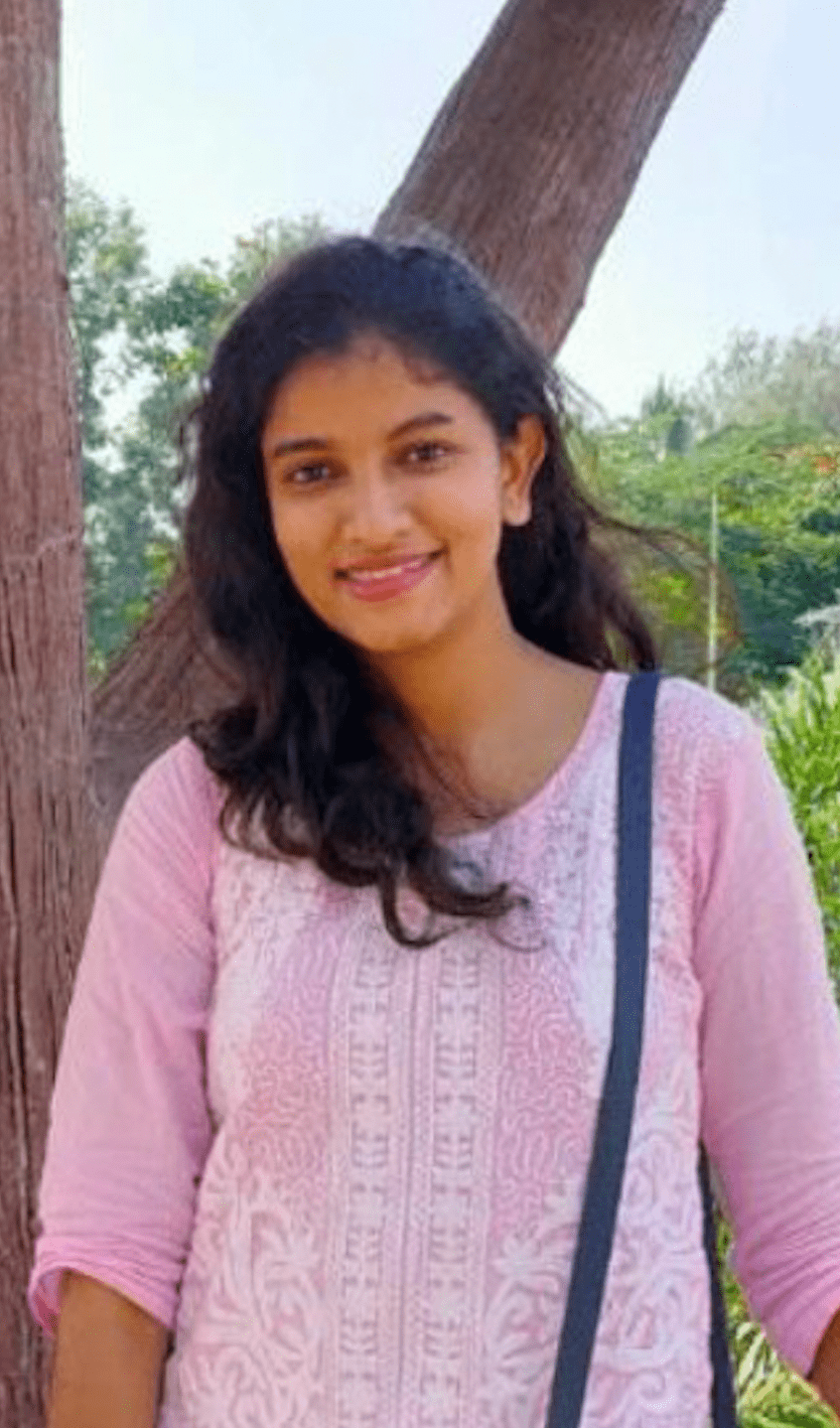Pranjali Borse

Pranjali Borse
Nowadays, India is experiencing abrupt climate change which is evident from various events over a period of time and the current management system is facing problems in coping up with it due to lack of enough resources (adaptability) which gives a huge contribution in increasing the vulnerability of the sensitive regions which are prone to the events happening due to climate change like extreme precipitation events (flooding). The research work on ‘Socio-economic vulnerability assessment of climate change in India’ basically focuses on providing information about the extent of relative vulnerability of rural regions in states of India which can help policy makers to produce a framework to take necessary adaptive and mitigation measures in the region based on data of vulnerability analysis. Vulnerability is basically a linear combination of three components namely exposure, sensitivity and adaptive capacity. In the research, we have separately analysed the data for all three components and then computed the vulnerability in the form of vulnerability index by combining indices computed for above three components. We analysed the data of precipitation from observed as well as simulated datasets and calculated return levels of precipitation for a region using the extreme value theorem to come up with an exposure index. To evaluate socio-economic index, we acquired the Census data about the education, health and economic status from various India government sites and determined Sensitivity and adaptive capacity index of each district. The basic understanding in this research is that the more the exposure and sensitivity of the region towards climate change, the more vulnerable it is. Unlike this, an increase in adaptive capacity makes the region less vulnerable. In such a way, policymakers could identify the type of actions needed to be taken in a specific region.
This research gave me an opportunity to explore a new field and a perspective to view the problem as a Civil engineer. I got introduced to the field of climate and realized how vast it is. It has improved my thinking ability and my perspective. Working on this project improved my programming skills and my efficiency. Having faced so many difficulties in starting the project from scratch, I had never imagined that I would be able to come this long and get satisfactory results. Now, we have contributed this work to Gujarat state Disaster Management authority to help in producing climate change policy. While having discussions on this project, I could get to think about totally different perspectives of my advisor and from him, I learned to handle the difficult problems with simplicity. I believed in myself and my capabilities which is what has made all this possible.